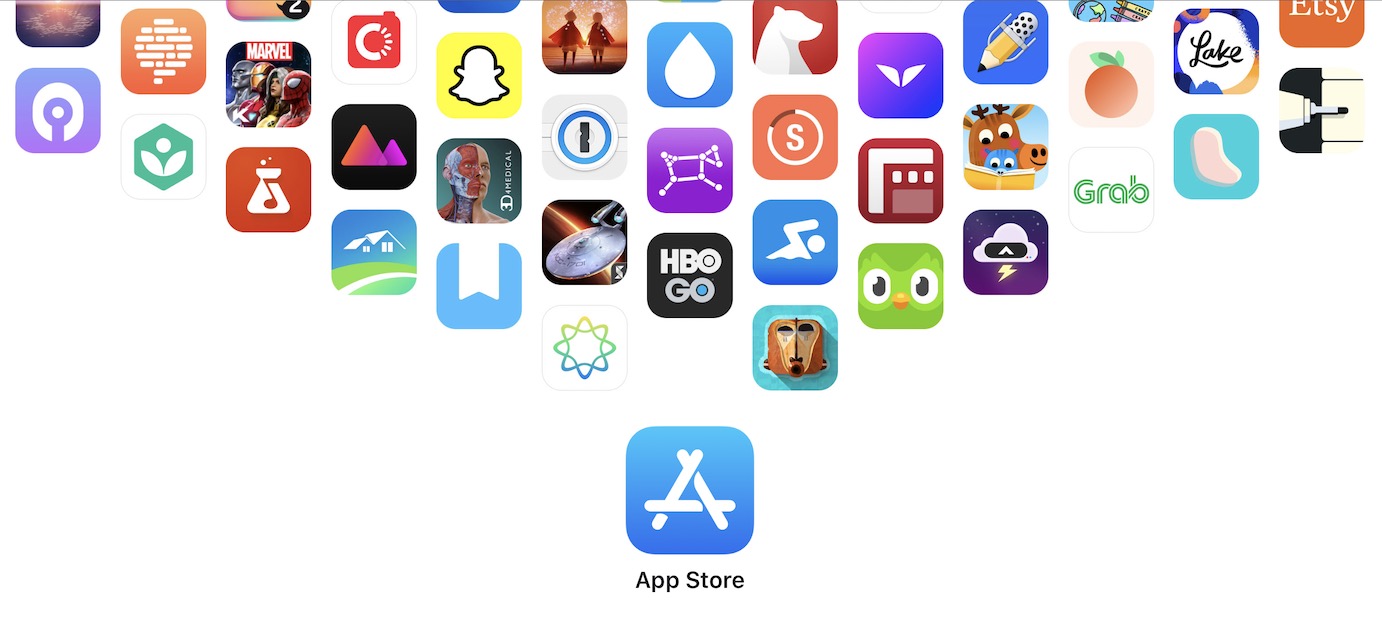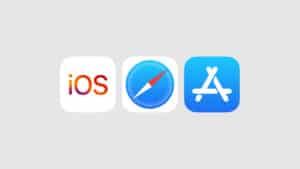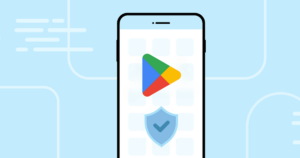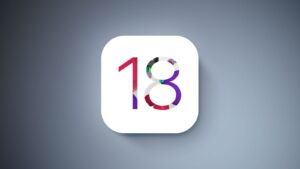As per a new report published by Avast, fleeceware apps were downloaded more than a billion times and earned over $400 million in revenue on Apple’s App Store for iOS, and Google’s Play Store for Android. Despite Apple’s stringent policies for its App Store, developers have been able to create apps that can manipulate users into signing up for subscriptions that can cost more than $3,000 per year.

Fleeceware apps are earning money at an alarming pace
These scam apps provide basic functionality or information such as camera filters, QR code scanning, and PDF readers, however, they do not justify any high price tag, which these apps end up charging users. These apps are usually disguised as free downloads, but when the trial period ends, they charge exuberant amounts of money from users. Most of the users who fall victims to these scams are children and teenagers, as per Avast.
Fleeceware is a new name for apps that charge high subscription fees, such as over $40 USD per week for palm reading. These apps spend massive amounts of money on misleading ads, and fake reviews on App Store and Play Store, which cause users to believe that these are reliable apps. The ads are usually run on social platforms like Facebook and Instagram, as well as ads in other apps. These are the type of ads that you have to see in return for free credits in various games.
Although Apple and Google refund users who fall victim to such scams, there is a time period after which both companies do not entertain such requests, which ends up being a bad experience for users. Avast’s review of these apps showed that most of these apps have defunct websites, or non-functioning support channels, which shows how reviewers in Apple’s App Store team might be letting such apps go by without proper scrutiny.
Both Apple and Google have taken some steps to educate users regarding their subscriptions and alert them when they delete an app that their subscription will not be automatically canceled by deleting the app. Apple also clearly lists down the costs of in-app purchases in App Store listings, however, it does not seem to be enough as the problem can be stopped when such misleading apps are submitted for review in the first place.
Avast also advises that users would be more careful with misleading viral ads and stay aware of apps that provide short trials that last less than a week. They should also focus on the fine print, and details and costs of in-app purchases. If the cost seems too high, it might be fleeceware.


